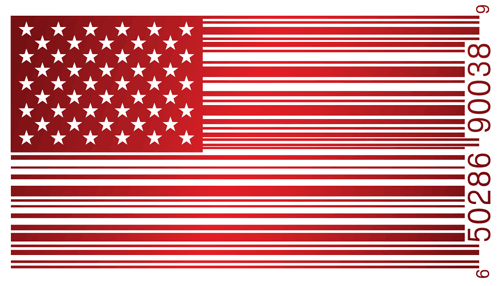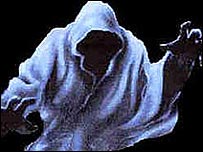Only People Can Vote -- Only People Should Finance Campaigns
Guest piece by Greg Colvin, Campaign for America's Future
Introducing the Citizens Election Amendment, Version 1.0.
Since the U.S. Supreme Court decided the Citizens United case exactly one year ago tomorrow, saying that the Constitution gives  , people have been asking "how can we amend the Constitution to put this right?"
, people have been asking "how can we amend the Constitution to put this right?"
In this country, each person has one vote, no matter whether you are rich or poor. And it is illegal to buy or sell a person's vote. So why do we allow electoral influence to be bought and sold? Why has politics in America become a commodity in an economic marketplace, where the richest corporations, business associations, unions, and individuals can buy enormous leverage on the outcome of our elections?

 Two years after a catastrophic financial collapse and six months after the passage of a Wall Street reform bill, astonishing tales of volatility in the market are all too common. If you think inexplicable flash crashes are worrisome, brace yourself for the next big financial "innovation" –- Twitter Trading.
Two years after a catastrophic financial collapse and six months after the passage of a Wall Street reform bill, astonishing tales of volatility in the market are all too common. If you think inexplicable flash crashes are worrisome, brace yourself for the next big financial "innovation" –- Twitter Trading. Today's
Today's